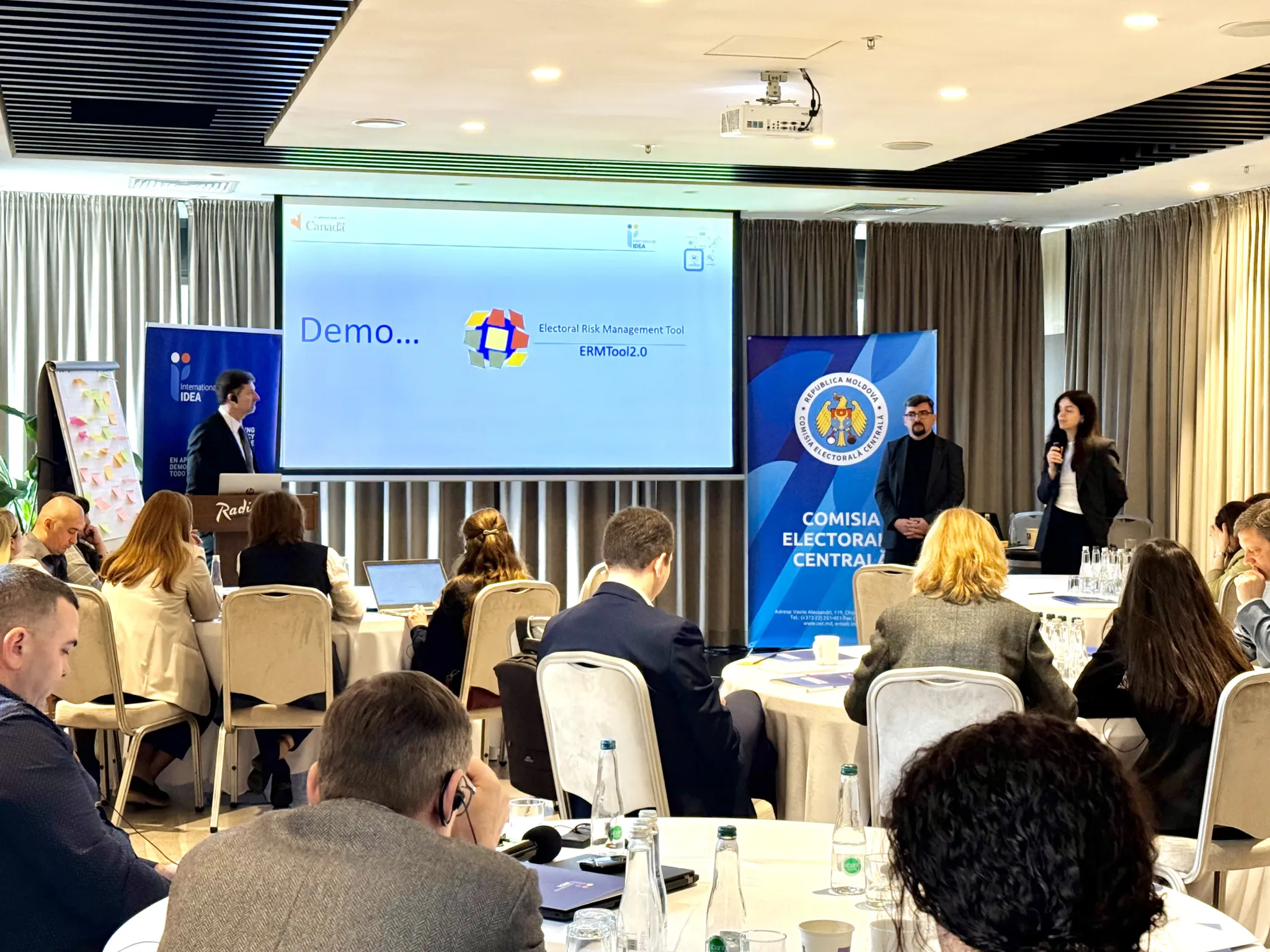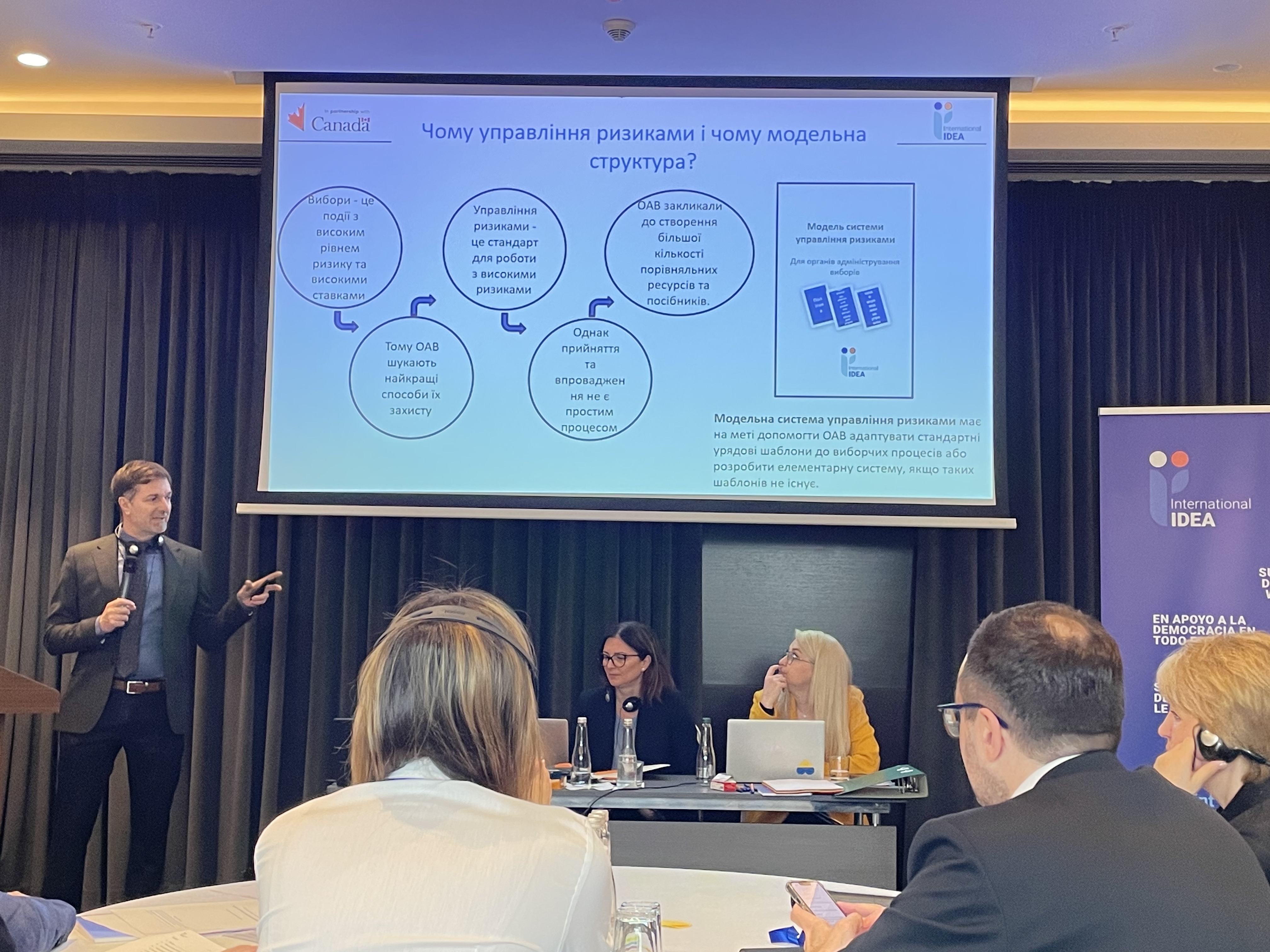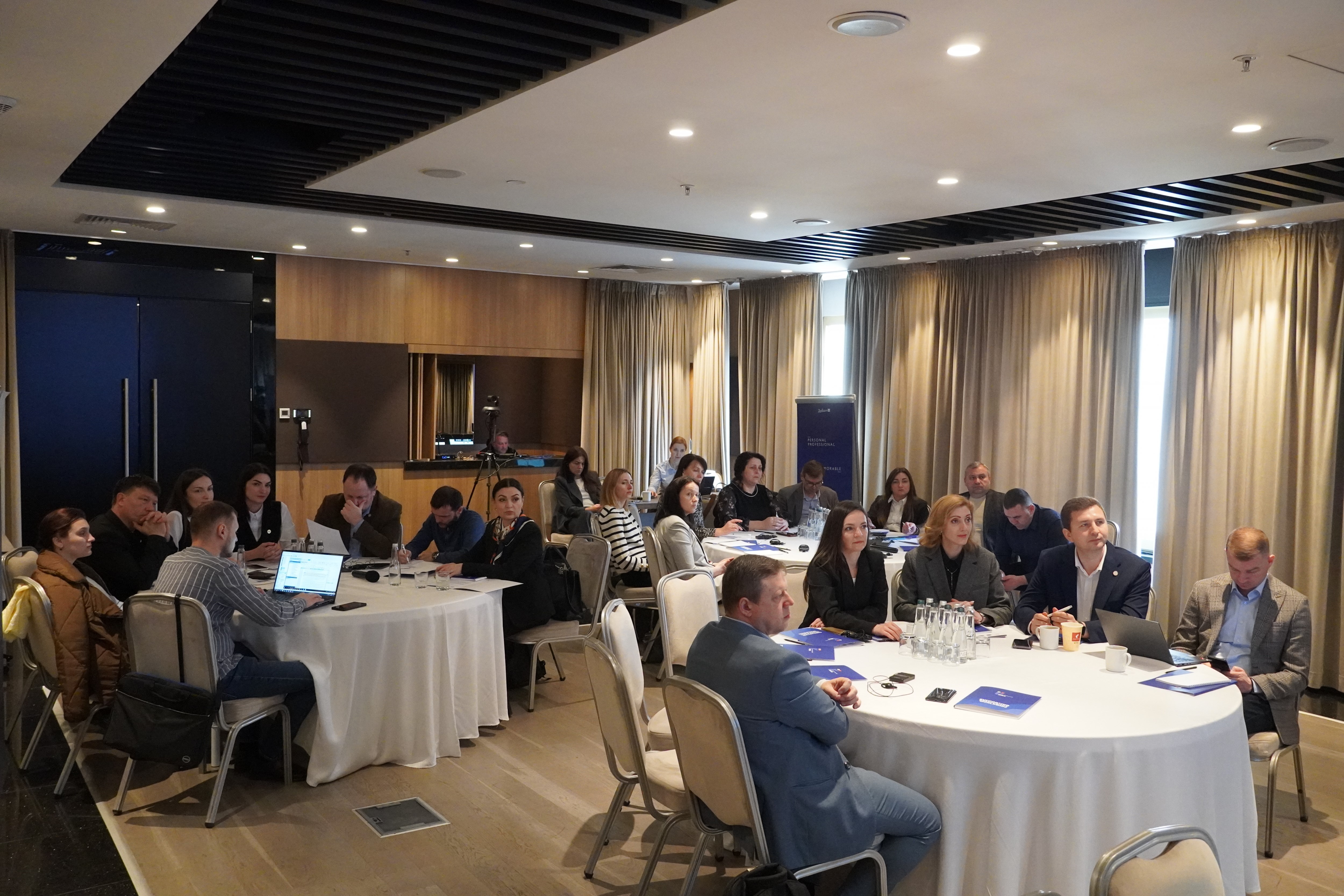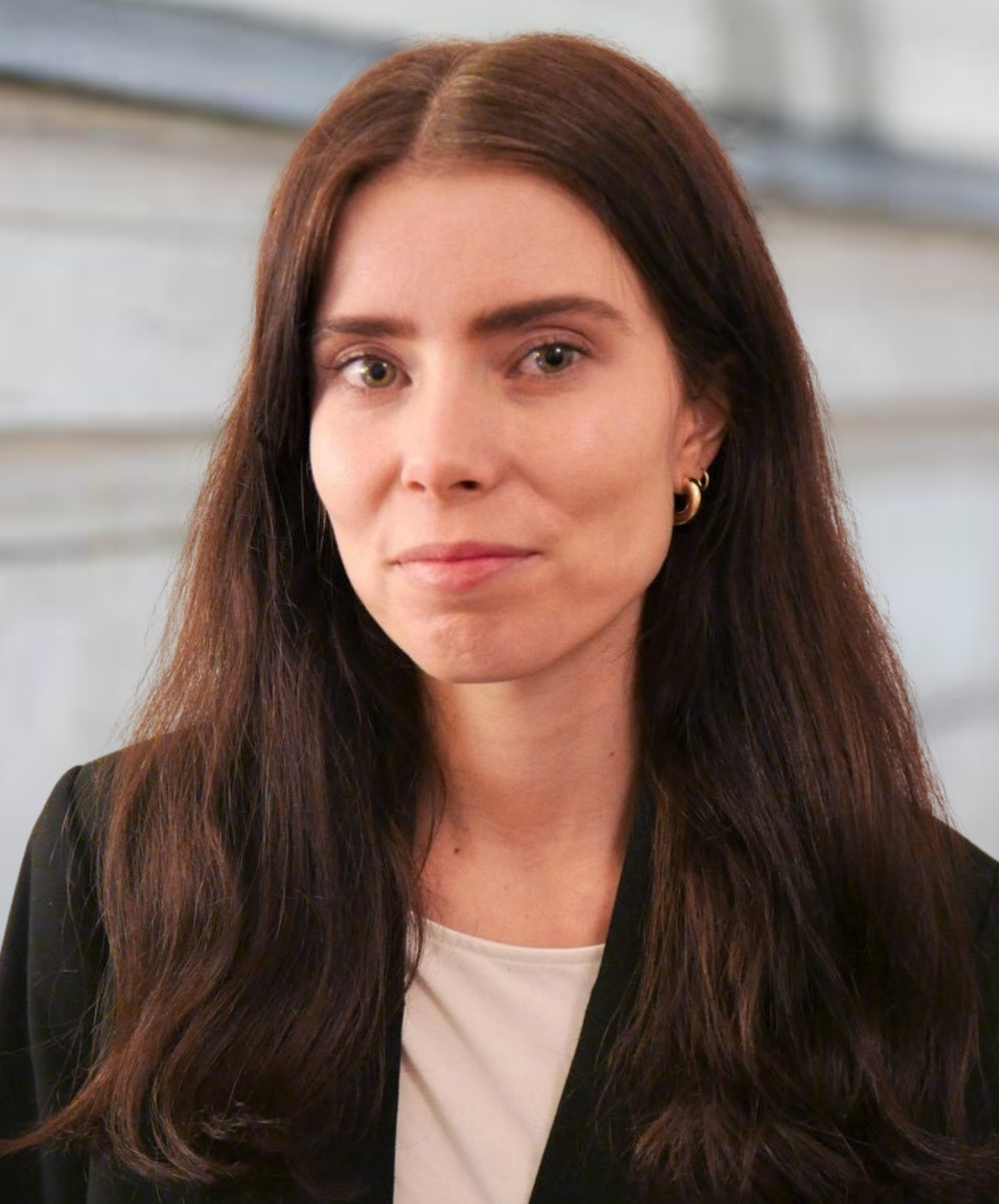Scaling up impact through Canadian support: Moldova and Ukraine strengthen electoral protection

While the workshops were important milestones of broader cooperation between the Institute’s regional and country offices with the two CECs, they also strongly linked to and benefitted from the work done under the global International IDEA’s Protecting Elections Project. Project-related resources— such as the Guide to Knowing and Using Integrated Framework Protecting Elections and Self-assessment Tool; the latter used by CEC Moldova in preparation for the event — served to design activities that accommodate the learning of cutting-edge electoral management concepts.
Moreover, participants in both events had a unique preview of the new Electoral Risk Management Tool (ERMTool2.0) software, which has seen significant improvements compared to the earlier version and will soon be launched as a global public good. The ERMTool2.0 is now web-based, fully aligned with the Integrated Framework for Protecting Elections and incorporates its Resources Toolkit.
Through the support of the Government of Canada to Protecting Elections Project (2023-2025), International IDEA is able to develop, refine, and adapt scalable tools that are now being tailored for implementation in diverse national contexts to protect elections globally. All resources are extensively tested and piloted before they are published in late 2025.
For more on the events, see the related articles and press releases below:
- International IDEA Ukraine Office – Ukraine’s Central Election Commission Works Toward Institutionalizing Electoral Risk Management
- CEC Ukraine – Representatives of the CEC enhance their knowledge of electoral risk management
- CEC Moldova – CEC strengthens its resilience and develops skills for effective risk management in elections






